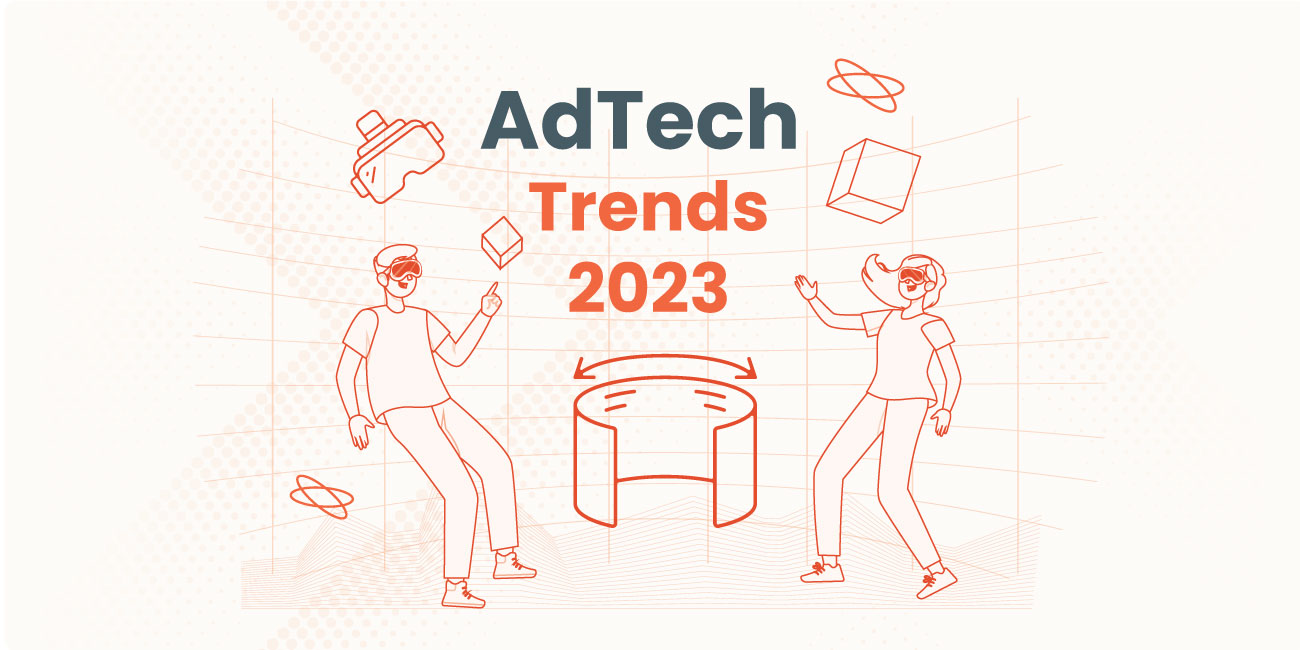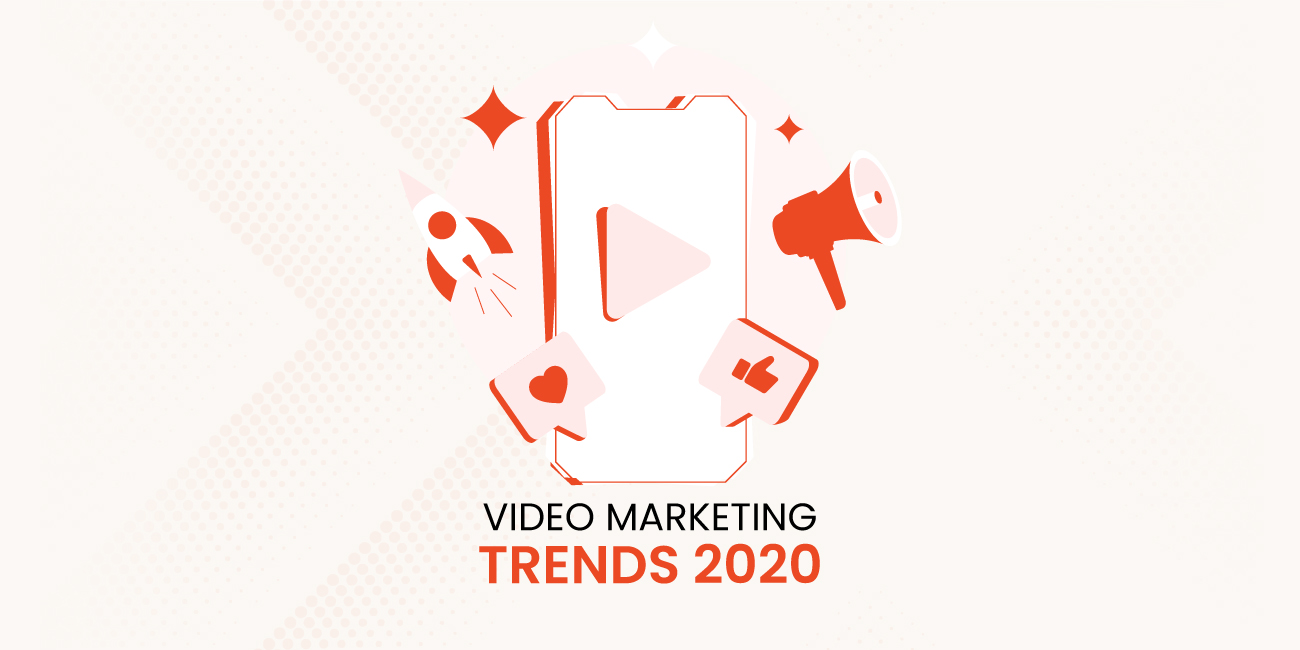
The Advertising World is About to Change Fast
Think about how you watched TV five years ago versus today. Pretty different, right? That same speed of change is coming for the entire advertising industry between 2026 and 2030.
Having spent 15 years watching digital advertising evolve, the next five years will reshape more than the last ten combined. We’re not talking about small adjustments. This is a complete rebuild of how brands will connect with people.
Global advertising spend hits $1.25 trillion in 2026, with 82.2% coming from digital sources by 2030. But those numbers only tell part of the story. What really matters is where attention goes, how technology transforms creative work, and what happens when privacy rules force everyone to rethink targeting.
Let us walk through what will actually happen in advertising between 2026 and 2030.
Where the Money Goes
Digital Takes Over Completely
Digital advertising spending worldwide reaches $835.82 billion in 2026, up from $602 billion in 2023. That’s a 38% jump in three years.
But here’s what most people miss: this growth doesn’t spread evenly. Traditional TV advertising drops to just 12% of global ad spending, while Connected TV races toward 40% by 2030. Print keeps declining. Radio holds steady locally but loses national ads.
The winners? Connected TV, social commerce, programmatic display, and search. These four channels capture most new advertising dollars through 2030.
The United States accounts for $500.98 billion in ad spending by 2026, making it the largest market. But the fastest growth happens in Southeast Asia, the Middle East, and Latin America as smartphones spread and middle classes grow.

Connected TV Becomes the New Television
The CTV Growth Story
Here’s the number that changes everything for brand advertisers: US CTV ad spending reaches $38 billion in 2026, growing 14% annually before hitting $46.89 billion by 2028.
In 2028, CTV advertising surpasses traditional TV for the first time. Think about that. Linear television dominated advertising for 70 years, then streaming overtakes it in less than a decade.
Why does CTV win? Three simple reasons: better targeting, real measurement, and lower entry costs. You can reach specific audiences instead of broad demographics, know exactly who watched and what they did after, and buy CTV ads without massive upfront commitments.
Average time with CTV increases to nearly three hours per day in 2026, while traditional TV viewing falls to just two hours. That gap keeps widening.
New Formats Drive Engagement
Standard 30-second spots still work, but the action happens elsewhere. Interactive ads increase unaided recall by 36%, foot traffic by 13%, and brand affinity by 33%.
QR codes in CTV ads grow fast, helping people scan codes on their TV screen with their phones to shop or learn more. Shoppable CTV ads convert better than standard video, and pause ads grab attention when viewers hit pause.
Retail Media Meets CTV
Here’s where things get really interesting. Amazon, Walmart, and Target aren’t just selling products anymore. They’re selling advertising powered by their shopping data.
Retail media CTV ad spending grows 45.5% in 2025, with retail media spending expected to exceed $30 billion by 2026.
Why does this matter? Because retail media networks solve advertising’s biggest problem: proving ads drive sales. A brand can now target recent category buyers from Walmart’s data, run CTV ads, and measure actual basket uplift.

AI Stops Being Hype and Starts Running Things
From Buzzword to Operating System
By 2027, AI helps manage many routine advertising tasks like segmentation, pacing, budget allocation, and reporting. This allows creative teams to spend less time on manual bid adjustments and more time on what they do best: developing strategy and building meaningful campaigns.
Companies using marketing automation see real productivity gains, helping teams run more campaigns with the same resources. But here’s the catch: AI optimization only works when you feed it good data. Bad inputs still create bad outputs.
Generative AI Changes Creative Work
AI creates on-brand copy, images, and video concepts at scale. Does this mean robots write all advertising? No. Humans still own strategy and emotional storytelling. AI just handles production volume and testing speed.
A brand can now test 50 headline variations instead of 5 without hiring 10 more designers. AI makes testing faster and cheaper, but someone still needs to decide which strategy to test.
Programmatic Gets Smarter
By 2026, programmatic will account for 90% of digital display ad spending worldwide. In fact, programmatic accounts for 96.8% of new display ad dollars in 2025.
But programmatic stops being about automation for automation’s sake. It becomes about supply path optimization, cutting out middlemen to get better performance.
Over 91% of US programmatic display ad spending flows through private marketplaces and programmatic direct, not open exchanges. Smart advertisers pay less in fees, publishers keep more revenue, and everyone wins except tech companies taking cuts without adding value.

Privacy Forces a Complete Reset
Third-Party Cookies Finally Die
Between 2026 and 2028, third-party cookies gradually phase out on Chrome, following Safari and Firefox which have already moved in this direction. This shift encourages brands to rethink their targeting approaches.
First-party data becomes increasingly valuable. Brands focus more on building direct relationships with customers through loyalty programs, email sign-ups, and meaningful on-site experiences.
Contextual targeting makes a comeback. Instead of targeting specific demographics, brands target content about relevant topics. Context matters more than the individual.
Contextual targeting makes a comeback. Instead of targeting specific demographics, brands target content about relevant topics. Context matters more than the individual.
Server-Side Tracking Replaces Pixels
Server-side tracking creates faster page loads, feeds algorithms with more accurate data, and enables smarter optimization. Privacy-first advertising pushes the industry toward better technology and more customer-focused strategies.

Social Media Evolves Beyond the Feed
Short-Form Video Dominates
Short-form video delivers the strongest ROI across platforms. TikTok proved that 15-60 second videos capture attention better than anything else. Now every platform copies it: Instagram Reels, YouTube Shorts, Facebook Reels, even LinkedIn.
By 2030, short-form video accounts for the majority of social media ad spend.
Social Commerce Explodes
The global social commerce market reaches $1.63 trillion in 2025 and grows to $6.23 trillion by 2030, with a CAGR of 30.71%. US social commerce sales surpass $100 billion in 2026.
People see a product in a video, tap a link, and buy without leaving the app. This changes how brands think about social posts. They’re not just awareness anymore. They drive direct transactions.
TikTok Shop accounts for 18.2% of US social commerce and is projected to reach 24.1%. The platform is reshaping how younger generations discover and buy products.
Trust Shifts to Real People
Smart brands build systems to collect customer content and amplify authentic stories. Polished corporate messaging loses trust. Real customer stories build it.
The Engagement Problem
Social media ad spend grows steadily through 2030, but engagement rates fall. Brands pay more to reach users who engage less.
This creates pressure to improve creative quality. Targeting advantages shrink as platforms rely more on algorithms. In 2026, creative quality matters more than media buying skill alone.

Search Gets an AI Makeover
AI Chat Challenges Google
AI chat platforms start competing with traditional search, especially for research-heavy purchases. People stop typing queries into Google. They ask AI assistants for personalized recommendations.
This forces search platforms to evolve. Google integrates AI summaries. Bing adds ChatGPT features. The race is on to control the AI-powered answer engine.
Search Spending Stays Strong
Search remains the channel with highest commercial intent. People searching for specific products want to buy now. That intent drives conversions better than any other channel.
Voice and Visual Search Grow
Voice search creates longer, conversational queries. Visual search lets people point their camera at objects to find similar products.
Both trends change how brands optimize content, moving from keyword targeting to natural language and image recognition.

Measurement Gets Messier First
The Attribution Crisis
Advertising measurement gets confusing before it gets clearer. Channels multiply, customer journeys get longer, and attribution windows shrink due to privacy changes.
A typical 2026 purchase journey involves social media ads, Google searches, YouTube videos, review sites, retail media ads, email reminders, and mobile app purchases. Which channel gets credit?
Finance teams demand accountability, but the tools lag behind the complexity.
Multi-Touch Attribution Returns
Smart advertisers move beyond last-click attribution. They invest in multi-touch attribution and media mix modeling. Neither is perfect, but both beat guessing which ads work.
Data clean rooms enable privacy-safe measurement. Brands and publishers share insights without exposing individual user data.

Omnichannel Becomes Essential
Customers Don’t Think in Channels
Your customer doesn’t care whether they see your ad on Instagram, CTV, or a billboard. They just experience your brand across touchpoints.
Companies with integrated strategies keep more customers than those managing channels separately. CTV contributes to a 15% lift in overall campaign performance when integrated into omnichannel strategies.
The key is coordination, not repetition. Show complementary messages across devices, not the same ad 10 times.

New Technologies Emerge
Augmented Reality Goes Mainstream
AR advertising becomes practical. Furniture brands let you visualize products at home, fashion brands enable virtual try-ons, car manufacturers offer AR test drives.
Gaming Becomes Serious
Gaming advertising includes in-game product placements, branded virtual items, sponsored events, and influencer gaming content. It emerges as a category worth billions, appealing to younger demographics who spend more time gaming than watching TV.
What Different Advertisers Should Do
Large Brands
Big brands need to reach millions while delivering personalized experiences. AI enables this at scale. Invest in first-party data collection, advanced analytics, omnichannel systems, and AI-powered creative production.
Small Businesses
CTV’s rise creates unprecedented opportunity. Programmatic buying lowers entry barriers, with SMBs using AI tools to generate video creative quickly. Small businesses can run CTV ads with monthly budgets of $5,000-$10,000, targeting specific local markets.
Direct-to-Consumer Brands
DTC brands built businesses on cheap Facebook ads with perfect tracking. Both advantages disappear by 2026. Successful DTC brands adapt by building retention programs, investing in brand building, diversifying beyond social, and improving creative quality.

Year-by-Year: What Actually Happens
2026: Everything Clicks
- CTV ad spending hits $38 billion in the US
- Digital represents 72.5% of total global ad spending
- Privacy-first measurement becomes standard
- Interactive CTV ads grow significantly
- AI-generated creative expands across platforms
2027: Integration Accelerates
- Streaming platforms complete major mergers
- CTV surpasses traditional TV in major markets
- Retail media networks become major channels, exceeding $30 billion
- Voice and visual search expand
- Most routine ad tasks become AI-automated
2028: The Tipping Point
- CTV advertising surpasses traditional TV globally at $46.89 billion
- AR advertising reaches mainstream adoption
- Privacy regulations achieve global standardization
- Gaming becomes a major channel
- Attribution technology catches up to complexity
2029-2030: New Normal
- Digital hits 82% of total global ad spending
- CTV commands over 40% of video ad spending
- AI-powered personalization becomes expected
- Social commerce reaches $6.23 trillion globally
- Industry reaches temporary equilibrium
How to Prepare Now
For Brand Marketers
Start collecting first-party data today. Every week you delay makes catching up harder. Test CTV with small budgets to learn before you need mastery. Invest in creative systems because AI makes production faster but you still need good ideas. Build analytics literacy across teams. Stop thinking in channels and start thinking in customer journeys.
For Agencies
Specialize or integrate fully. Build AI capabilities internally instead of just using tools. Develop measurement expertise because clients will demand it. Create flexible service models beyond retainers. Invest in talent development because the skills you need don’t exist at scale yet.
For Technology Providers
Simplify, don’t complicate. Build for privacy-first from day one. Focus on measurement and attribution where most pain exists. Enable creativity, don’t replace it. Think omnichannel by default because single-channel solutions have limited shelf life.
Final Thoughts
The advertising industry between 2026 and 2030 will move faster than most people expect and slower than the hype suggests.
Some predictions here will be wrong. Technology surprises us. Consumer behavior shifts unexpectedly. Regulations change plans.
But the core trends are solid: Digital dominates with CTV leading growth. AI transforms operations but not strategy. Privacy forces better practices. Measurement remains challenging but improves. Creative quality matters more than ever.
The winners will be those who adapt quickly, invest in capabilities before they’re required, keep humans at the center of strategy, build systems that work across channels, and never stop testing and learning.
Start getting ready now.








